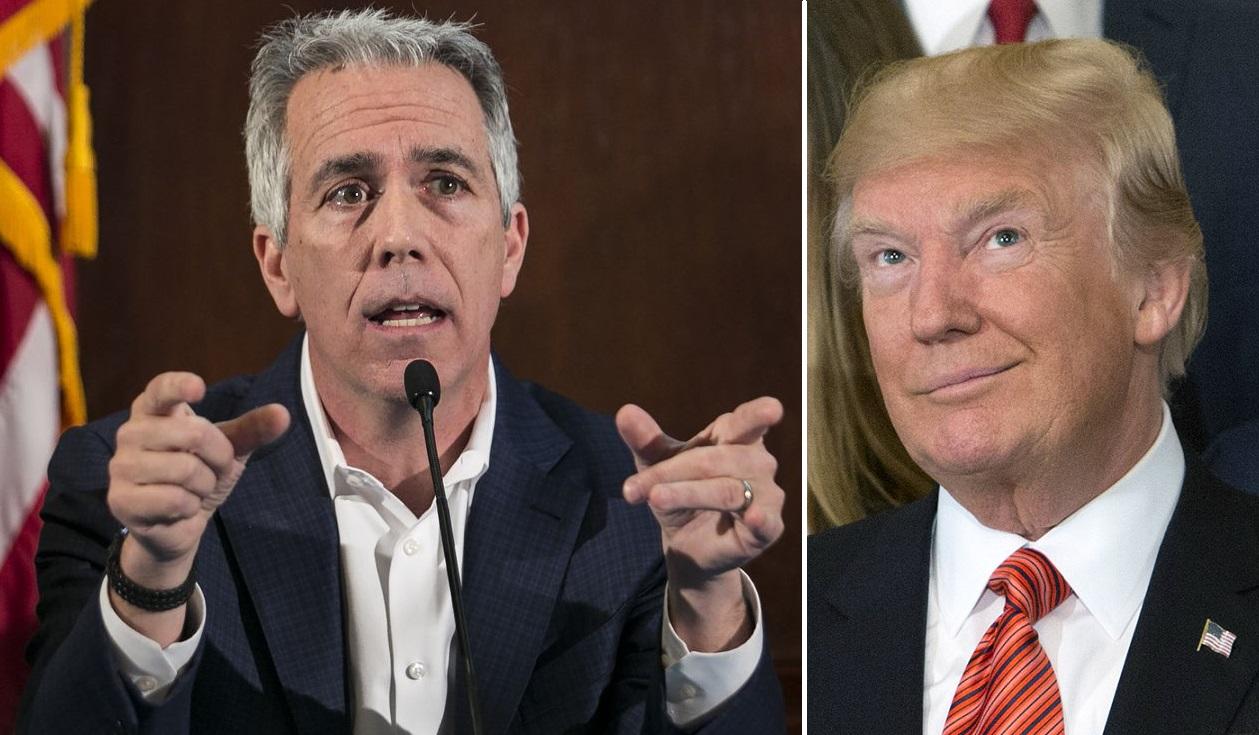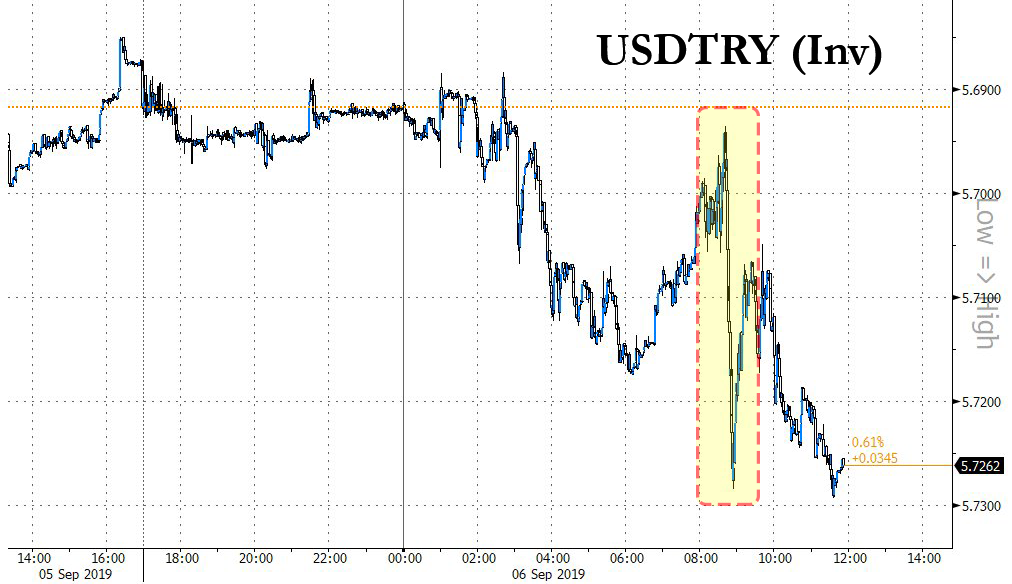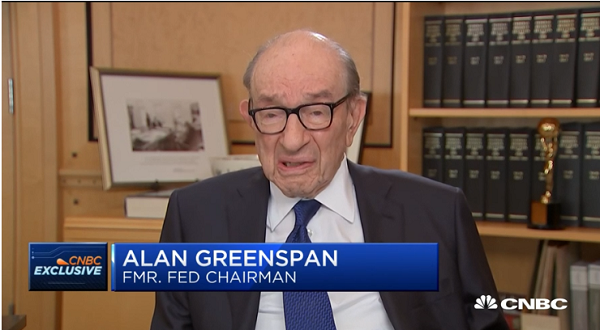President Trump’s GOP challengers are livid after four states are preparing to cancel their 2020 GOP presidential primaries and caucuses, according to Politico.
Nevada, Arizona, Kansas and South Carolina Republican parties are expected to finalize the cancellations during weekend meetings, according to three former GOP officials – which Politico suggests is an example of “Trump’s takeover of the entire Republican Party apparatus,” which underscores “the extent to which his allies are determined to snuff out any potential nuisance en route to his renomination — or even to deny Republican critics a platform to embarrass him.”
Sounds like Politico is a little upset as well.
Advisers to the president pointed to a long history of state parties canceling primaries for their incumbent presidents, and noted that it will save money. Trump’s GOP opponents, however, are crying foul.
“Trump and his allies and the Republican National Committee are doing whatever they can do to eliminate primaries in certain states and make it very difficult for primary challengers to get on the ballot in a number of states,” said former one-term Congressman Rep. Joe Walsh (R-IL). “It’s wrong, the RNC should be ashamed of itself, and I think it does show that Trump is afraid of a serious primary challenge because he knows his support is very soft.”
“Primary elections are important, competition within parties is good, and we intend to be on the ballot in every single state no matter what the RNC and Trump allies try to do,” Walsh added. “We also intend to loudly call out this undemocratic bull on a regular basis.”
Another GOP challenger – former Massachusetts Gov. Bill Weld said “We don’t elect presidents by acclamation in America. Donald Trump is doing his best to make the Republican Party his own personal club. Republicans deserve better.”
The cancellations stem in part from months of behind-the-scenes maneuvering by the Trump campaign. Aides have worked to ensure total control of the party machinery, installing staunch loyalists at state parties while eliminating potential detractors. The aim, Trump officials have long said, is to smooth the path to the president’s renomination and ensure he doesn’t face the kind of internal opposition that hampered former President George H.W. Bush in his failed 1992 reelection campaign.
Trump aides said they supported the cancellations but stressed that each case was initiated by state party officials.
The shutdowns aren’t without precedent. Some of the states forgoing Republican nomination contests have done so during the reelection bids of previous presidents. Arizona, GOP officials there recalled, did not hold a Democratic presidential primary in 2012, when Barack Obama was seeking a second term, or in 1996, when Bill Clinton was running for reelection. Kansas did not have a Democratic primary in 1996, and Republican officials in the state pointed out that they have long chosen to forgo primaries during a sitting incumbent’s reelection year. –Politico.
That said, according to South Carolina GOP Chairman Drew McKissick, “As a general rule, when either party has an incumbent president in the White House, there’s no rationale to hold a primary,” while pointing to the 1984 election, when his state decided not to hold Republican presidential primaries when Ronald Reagan was running for reelection. The state similarly skipped primaries when George W. Bush was running for a second term in 2004.
In statements reportedly provided by the Trump campaign, the other states said they were driven to cancel primaries due to the cost savings.
“It would be malpractice on my part to waste money on a caucus to come to the inevitable conclusion that President Trump will be getting all our delegates in Charlotte,” said Nevada GOP Chairman Michael McDonald. “We should be spending those funds to get all our candidates across the finish line instead.”
via ZeroHedge News https://ift.tt/310qDt9 Tyler Durden



